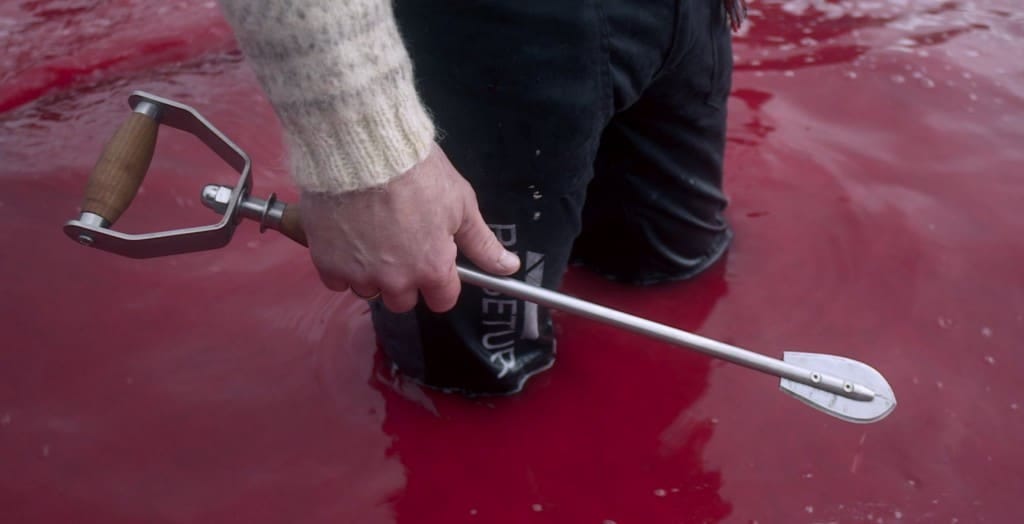The 5 Must-See Documentaries of the 2017 DOC10 Film Festival
You’ll want to watch all 10 films, but these are our favorites.

Chicago’s DOC10 Film Festival is more of a showcase. All of its curated titles are screened only once, and nothing overlaps. Your best bet is to buy a pass, spend your weekend at the Davis Theater, and partake in the whole program. Maybe you won’t love all the docum…


